Solo Orca Killed Great White Shark in 120 Seconds
For the first time last year, a male killer whale was observed single-handedly taking down a great white shark by removing its liver, a process that remarkably took just two minutes. This event, detailed in a new study, showcases a level of predatory skill previously unseen.
Dr Alison Towner, an ichthyologist at Rhodes University and lead researcher of the study published in the African Journal Of Marine Science, highlighted this incredible act of predation off Mossel Bay, South Africa. It underscores the exceptional hunting abilities of killer whales.
This specific incident took place in June 2023. However, a year earlier, Dr Towner and her team had documented in the same journal how two orcas, known as Port and Starboard, have been preying on great white sharks in South African waters since 2017.
The duo’s activities have significantly impacted the local shark population, causing many to flee their usual gathering spots. This shift has negatively affected South Africa’s cage-diving industry. The phenomenon was first brought to wider attention by UK shark expert Richard Peirce, who reported it in Divernet in early 2018.
The male orca involved in the 2023 incident, named Starboard (a name reflecting the drooping position of their dorsal fins), is one-half of the pair mentioned above known for their predatory behaviour.
Lipid-rich Livers
Killer whales often hunt in packs, surrounding large prey like seals, sea lions, other whales, and sharks to catch them with their combined speed and strength. Observers have seen them hunting alone, but never before targeting great whites as their prey.

“In South Africa, orcas have shown a distinct preference for targeting and consuming the lipid-rich livers of white sharks, a behaviour that indicates specialized feeding habits,” says Towner, who has been studying the movement patterns of great whites through tagging data for 17 years. “Starboard specifically targeted a 2.5m juvenile white shark and was later seen carrying the shark’s liver in its mouth past a boat.”
The incident resulted in the death of more than one great white, as evidenced by the discovery of a second carcass, measuring 3.5m, nearby. “This study prompts important questions regarding the effect of killer whale predation on the shark populations in South Africa,” Towner notes.
Dr Simon Elwen, a whale expert, the founding director, and principal scientist at Sea Search Research & Conservation, adds, “The behaviours we’re observing from these two killer whales add depth to the intriguing narrative of their hunting skills and impacts.” He highlights the intelligence of killer whales and their capacity to quickly adapt and learn new hunting strategies, independently or from their peers. “Continued monitoring and understanding of their behaviours, both here and elsewhere in South Africa, are crucial for deepening our knowledge of these remarkable predators.”
Esther Jacobs from the marine conservation organization Keep Fin Alive witnessed the event and described the scene as showing signs of a recent kill. “While tracking Port and Starboard near the island, we noticed they were keeping their distance from each other. The sight of a white shark’s fin breaking the surface initially filled us with excitement, but this quickly turned into a somber realization as Starboard approached. Watching Starboard attack my favourite shark species was heart-wrenching and profoundly impactful,” Jacobs recounted.
Dr Primo Micarelli, a co-author of the study and a researcher at the Shark Studies Centre and Siena University, reflected on the significant influence these killer whales, specifically Port and Starboard, have had on the local white shark population. “Having visited South Africa annually for over two decades, I’ve been able to observe firsthand the dramatic effect these orcas have had on the white shark community here,” he noted, underscoring the deep and lasting impact of their presence and hunting behaviours.
Witnessing Starboard transport a white shark’s liver past our boat left an indelible mark on me. Although I deeply admire these predators, my worry about the balance of marine ecology along the coast is growing.
The study highlights how this incident “emphasizes the critical necessity for flexible conservation approaches and rigorous ecological surveillance in the face of evolving environmental scenarios.”
Disclosure: This post may contain affiliate links, which means that DIVEMONDO may receive a small commission if you make a purchase using these links. As an Amazon Associate this website earn from qualifying purchases.

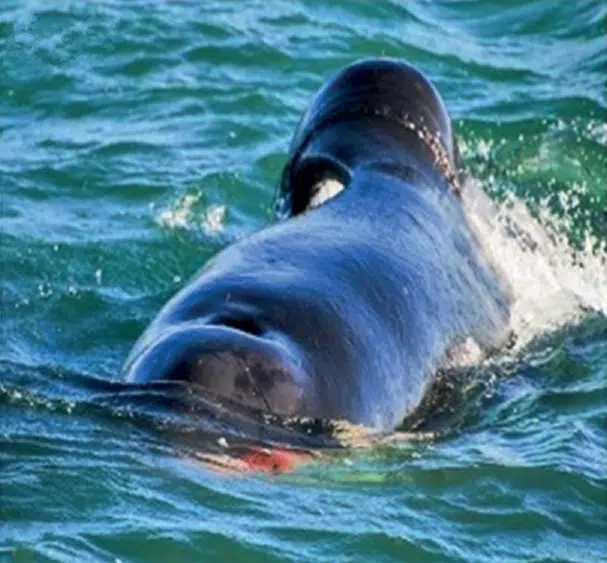
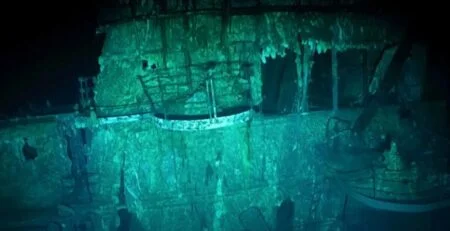
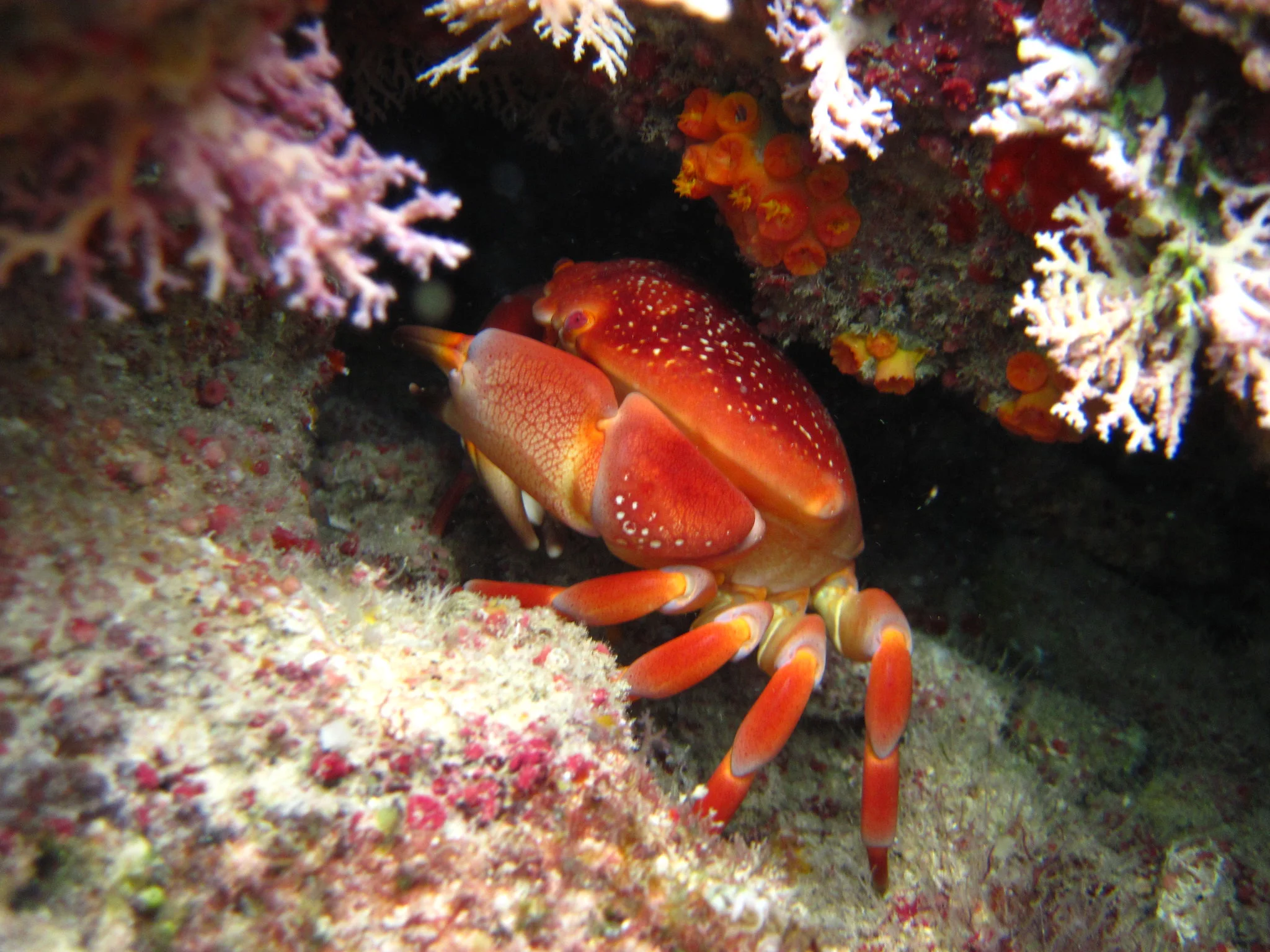

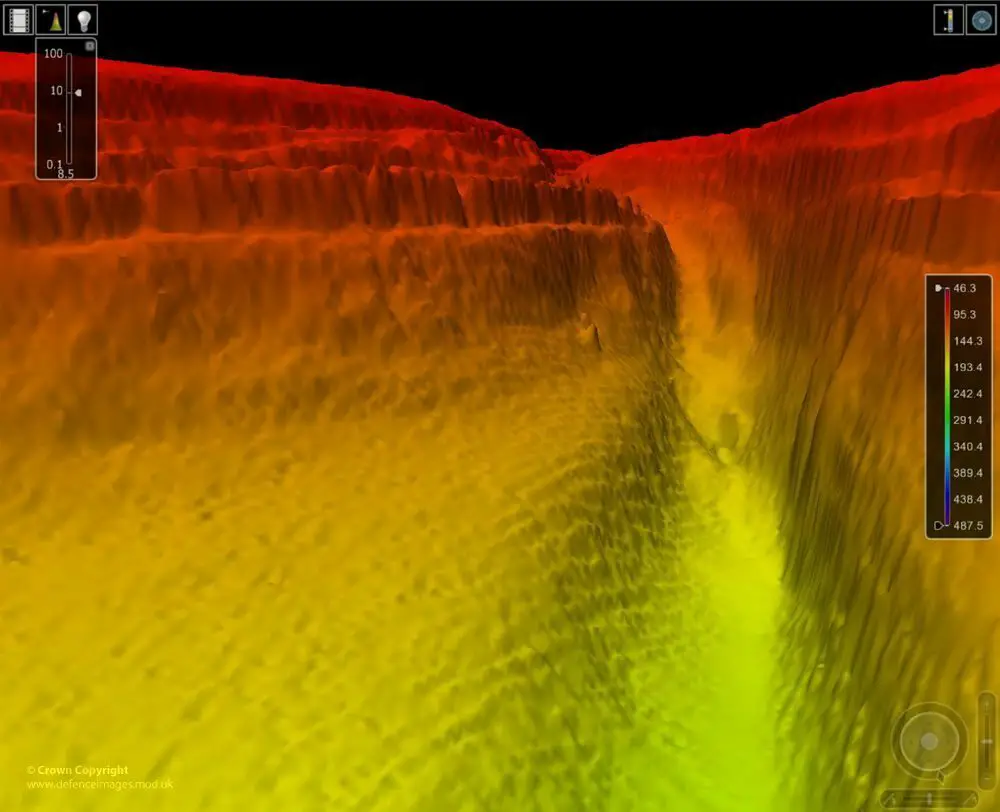
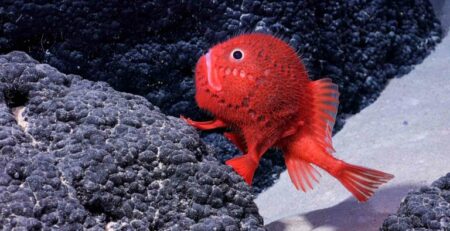

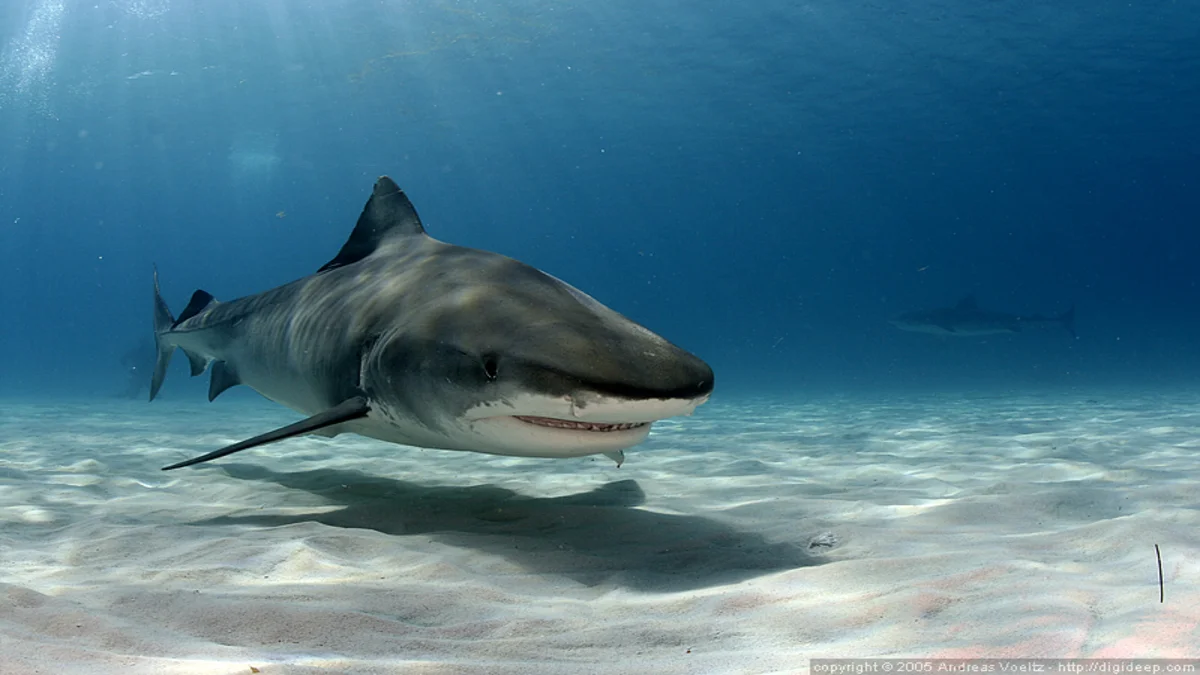
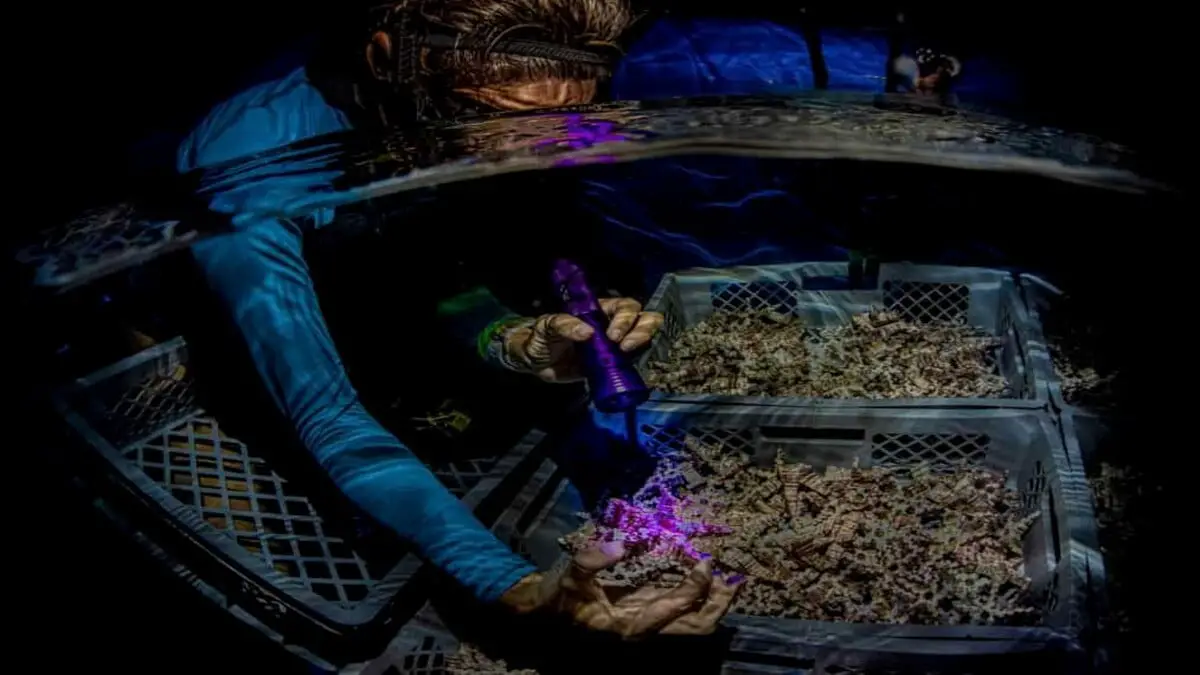
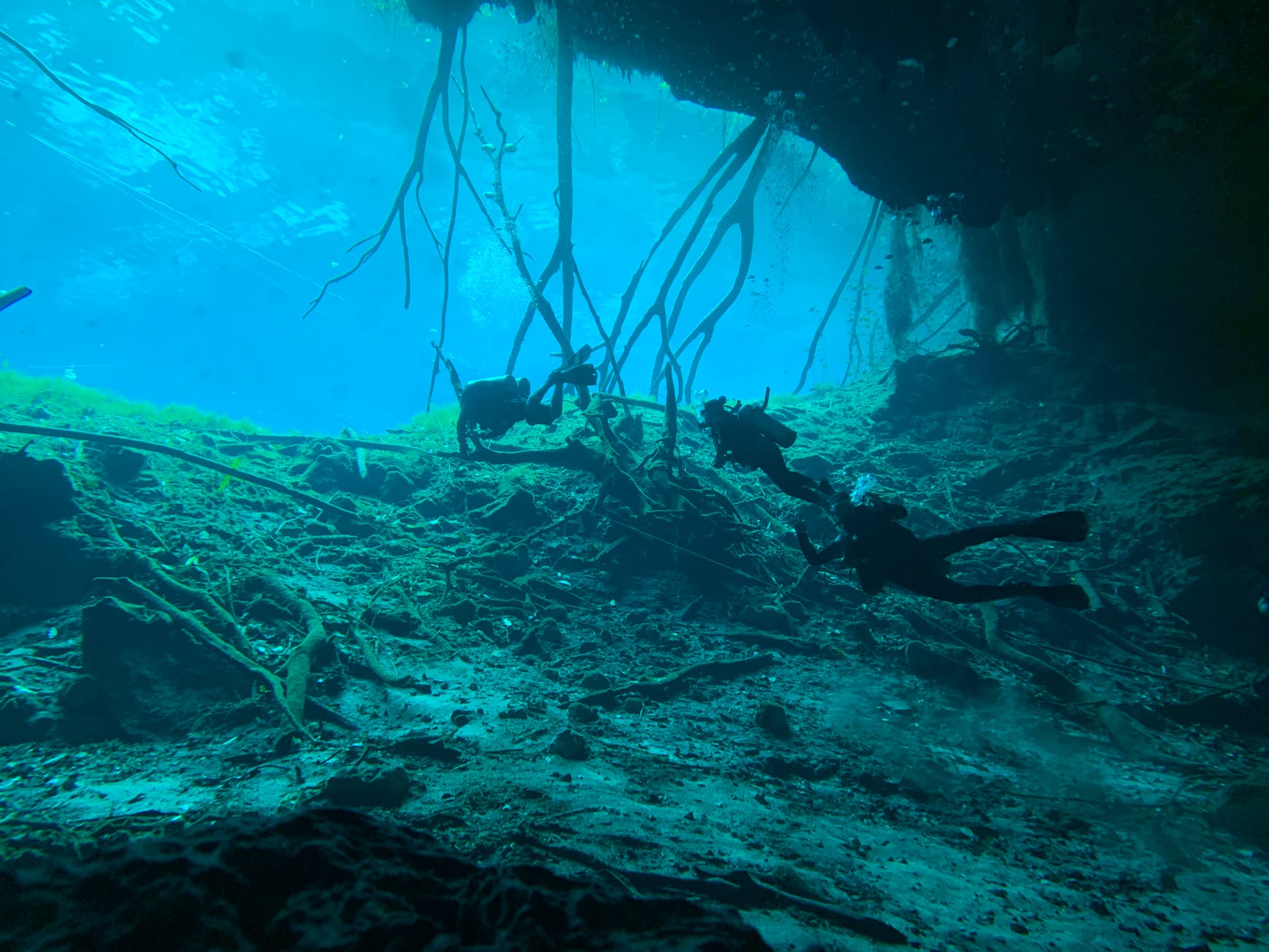


Leave a Reply